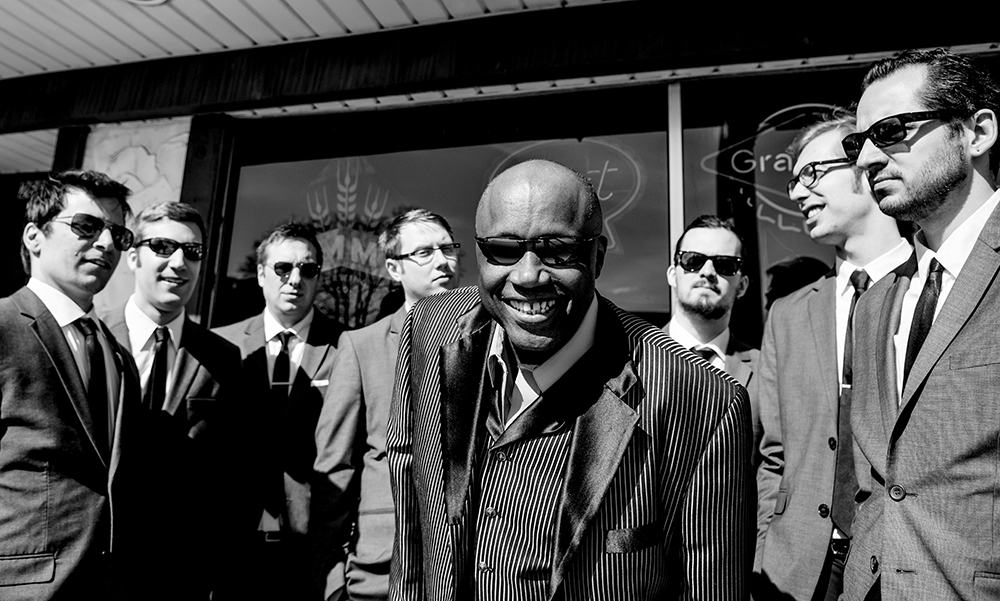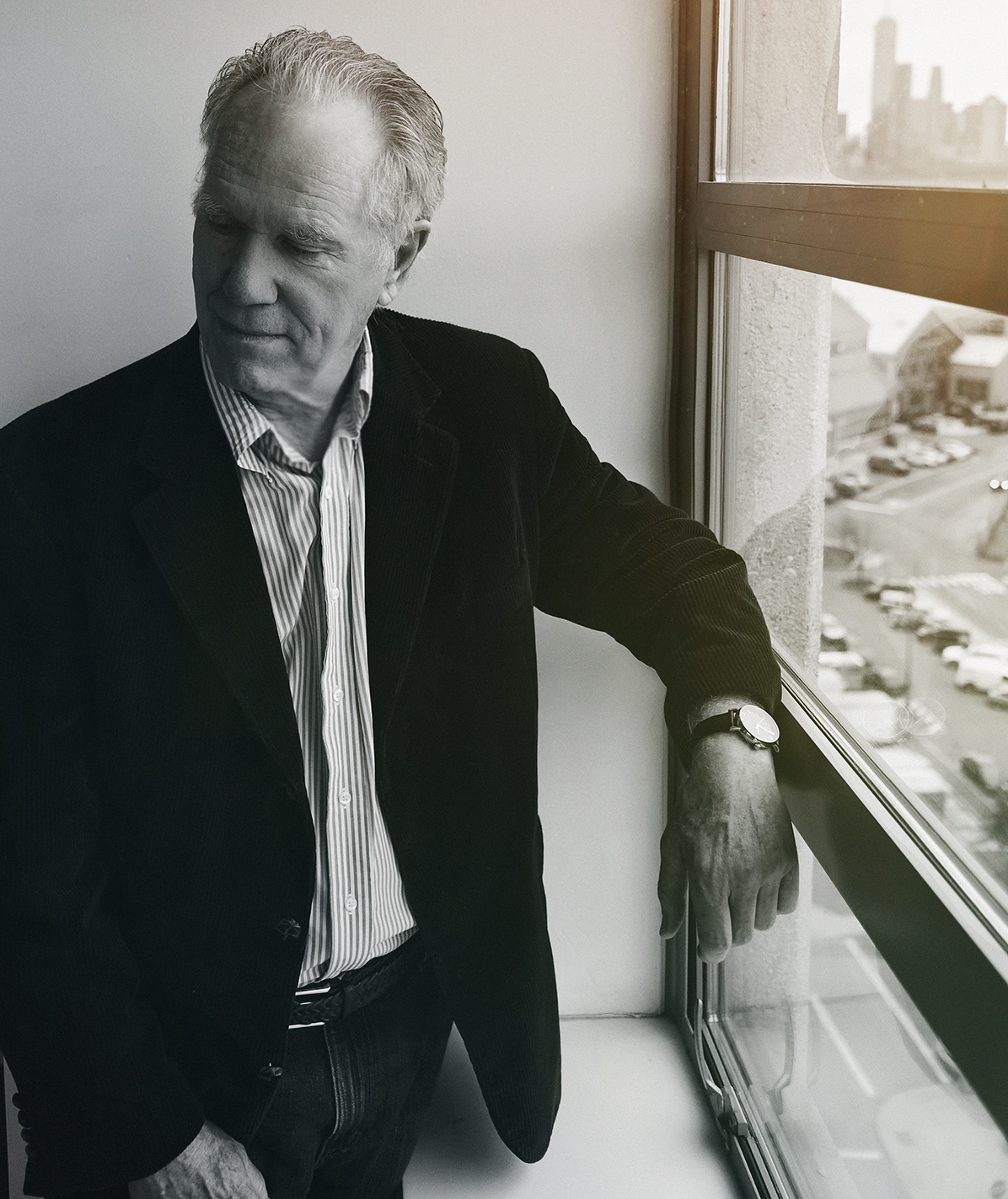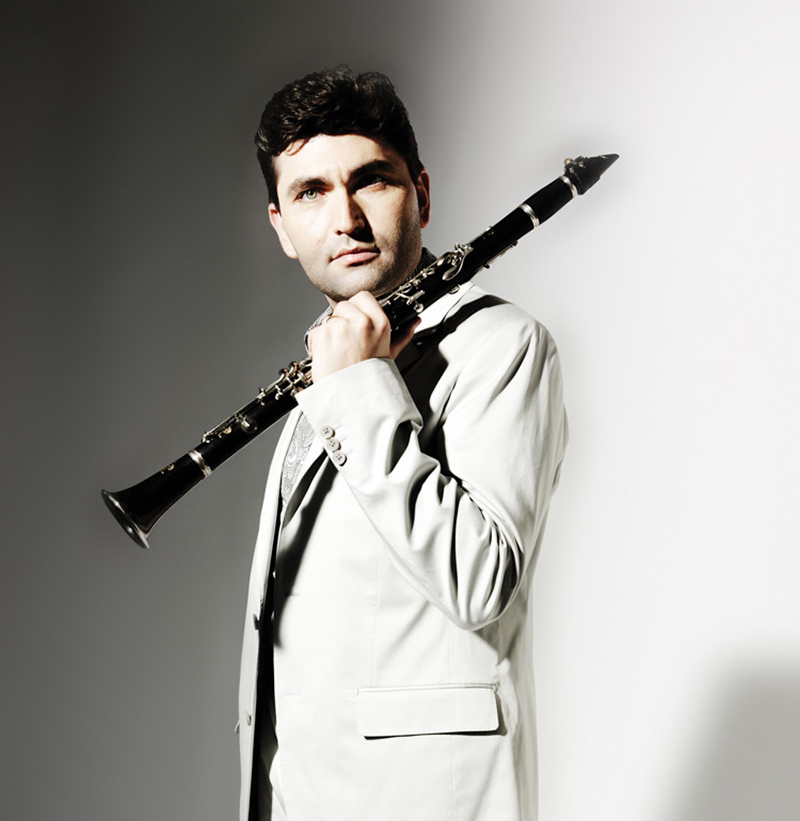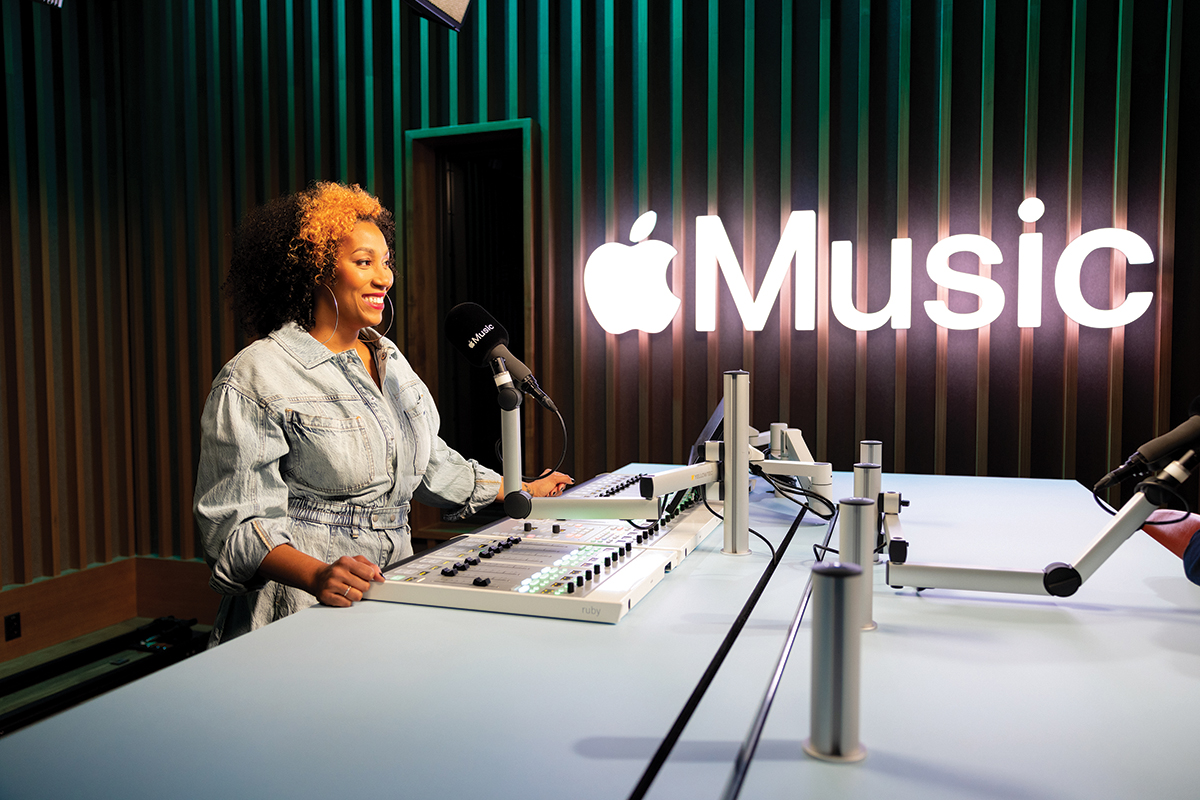
Seven bandmembers and one late bloomer: Sonny Knight and The Lakers lead the way in neo-gospel. Photo by Mike Madison.
For Sonny Knight, it’s never too late to be an overnight success. The 66-year-old frontman, who is leading Minneapolis’ neo-soul movement and winning “Best New Musician” awards, never has stopped singing. Even while driving a semi-truck for 30 years, he found ways to sing.
Now the group he leads with sidemen half his age, Sonny Knight and The Lakers, is touring in support of its second album, Do It Live, and in the studio recording a third.
Knight was born in Jackson, Mississippi, in 1949. When he was seven, he moved to St. Paul, Minnesota, with his grandmother. “We moved and just kind of took roots right there,” he recalls.
Growing up in St. Paul, Knight’s ears were opened. “Down in the South, my grandmother used to take me to church, so I’d see gospel quartets. But when I moved to Minnesota, I was able to hear things other than the blues or some country,” he says. “You’d hear the rock ’n’ roll side of life, The Beatles, The Beach Boys, and all this other stuff, so it rounded me out.
“When I was a kid, my aunt had a record player, and I used to listen to a lot of gospel music, blues and different things. One of my favorite records was Sam Cooke. I liked the way Sam Cooke would sing, ‘Summertime, and the livin’ is easy.’ The Impressions, Curtis Mayfield, then the gospel. There were many people singing at that time that were outstanding — Otis Redding, Bobby Bland, B.B. King … of course Elvis Presley.”
At 14, he formed a band with some friends and they made a 45-rpm record under the name Little Sonny and The Cymbals. For the next few years they played juke joints — “chitlin’ spots,” says Knight. “You know, wherever we could play. We played all around. When I turned 18 I joined the army, this was in ’66. I did my tour of duty in Korea and Vietnam, got back through that, came back here and got into a band again playing music. So most of my life has either been playing music or driving a semi-truck around the country. Singing and driving — I like them both.”
Knight’s voice would fill the cab with gospel sounds on Sunday mornings. “That was the way I would get my church on when I was out there driving a truck,” he says. “I’d put some gospel on and cruise down the road.”
When karaoke became popular, he would plan his trips to make appearances at certain clubs. “I did a lot of singing,” he says. “Got to stop here and there, get out of the truck and go inside and sing a little. People would say, ‘What are you doing driving a truck?’ It was what I loved to do, see the country. I did some singing and drove the truck, and kept up with my music that way.”
One truck stop in Washington State featured a karaoke lounge. “I’d try to make sure that I could take some time off on Friday when they were doing karaoke and sing and hang out with my friends. I guess it fed me enough to say, ‘Hey, this feels good. I like what this makes me feel like,’” Knight says. “Keep on singing, keep on pressing with the music.”
Knight met drummer/producer Eric Foss in Minneapolis several years ago when Foss’ Secret Stash Records was working on a Twin Cities soul-music compilation. “We got to singing and doing some things, trying some things for that compilation album. I guess they said, ‘You know what? I think this guy can sing a little bit, maybe we’ll put a band together behind him,’ Knight recalls. “They took interest in me to say, ‘Hey, come on, let’s do this.’ And here we are.”
In turn, he tunes into his audience. “I try to cater to the people,” says Knight. “I try to cater to the times, to what’s happening — but I’m not a politician, so I don’t try to get too political. It’s like writing things to give some kind of hope, or something that can involve someone that’s listening. We start writing and putting lyrics together, and what turns it into a great song is the collaboration of everybody together, and what they contribute.”
Knight and the band only do a couple covers — a funky version of the Beatles’ “Day Tripper,” and a truer take on “Sugar Man” by Rodriguez. “It’s like a fine blend, kind of like making some good cornbread, as far as putting in how much of this, or a little salt or sugar,” Knight explains. “Lyrically, what are you putting out there, what are you saying to the people? And then that melody and how that works, too. It has to combine together to really gel, to really sell to everybody. You’re playing to a variety of people. Some are hearing just the bass, or the drum that they get the groove off of. Somebody else is out there listening to what you’re saying — so I think it’s all important.
“Me, I play off people. I always liked to intermingle with the audience, you know, get the audience involved. The more you do that, the better things are.”
The group capped off a recent West Coast tour with an appearance at the Monterey Jazz Festival, and is making plans to return to Europe.
“Am I happy with it? Yes, I am,” Knight says of his group’s success. “I had no clue I would be where I’m at today. I also had no clue about the amount of work it takes to make things happen like this: moving around and playing as many different places, out here trying to be a force to be reckoned with.
“To be this age, to be doing what I’m doing, I feel very blessed, and I’m thankful for that … but it’s a lot of work.”
Sonny Knight and The Lakers appear at the Tryon Fine Arts Center (34 Melrose Ave.) on Saturday, November 14, at 8pm. Tickets are $35. www.tryonarts.org. 828-859-8322.



